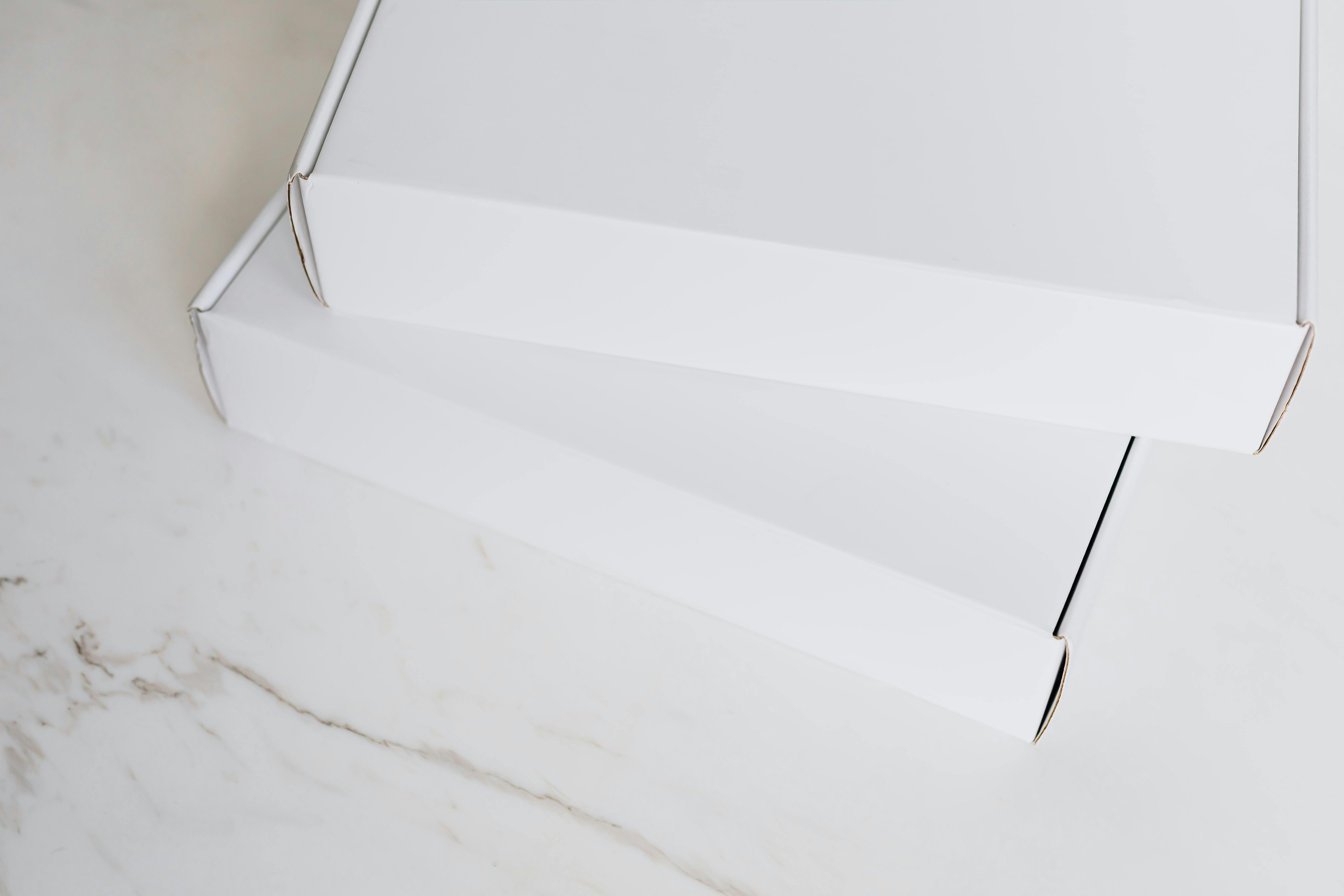If you’re like most students, money doesn’t exactly grow on trees. Choosing the right laptop can be a matter of saving yourself a lot of headaches and money at the same time.
In this article, I’m going to go over the most common uses a student has for a laptop, as well as discuss the most important components to have for these uses.
Most students will list the obvious things a laptop is needed for; things like word processing, email, etc. The reality is that today’s students are using computers more than ever for much more. The average student’s list might look like this:
– Word processing
– Internet
– Music downloads
– Possible video editing
– And more…
Each of the above can now be part of the student’s functions when using a notebook. You may or may not need some of the above, so I’ll review that below as well.
Let’s review the 5 most important notebook components for today’s student.
CPU – In short, the CPU basically evaluates and executes the commands it is given. So a faster CPU will be able to execute commands faster, right? Yes, but you definitely don’t need to have the latest Intel or AMD chip. Depending on your memory and operating system, it may work fine with a 1.0GHZ processor, or even less. Most newer systems come with over 2.0 GHZ, and you may want this if you’re doing any video editing or anything that requires faster processor speeds.
Memory – The amount of memory your future laptop has has a huge impact on how quickly applications will load and generally how quickly your computer will run. For this reason, memory is one of the most popular computer upgrades available. Newer machines will come with at least 256 MB of RAM (memory), but if you’re going to be using Windows XP, I’d recommend getting more. You can get 256 MB of memory running while using Windows XP, but it will slow down.
I remember when I replaced my 256MB RAM with 512MB. It felt like a brand new computer. If you’re on a very strict budget, stick with 256 MB. If you need more, look for a laptop that already has more than 512 megabytes of RAM, or get a RAM upgrade. Getting a memory upgrade is actually not that expensive.
HDD – If you’re the type of student who loves to have lots of music or video files, you’ll want a bigger hard drive. Getting at least a 60 gigabyte hard drive would be the perfect solution in this case. If you’re not going to be downloading music all the time or putting large files on your laptop, 40 gigabytes or less will work just fine. Most new laptops come with at least a 40-gigabyte hard drive.
CD RW – This is probably one of the most used parts in a student’s notebook, hands down. If you download music and want to transfer it to a CD, you’ll need a CD burner. If you want to burn DVDs, you’ll have to go one step further and get a DVD-RW drive. If you don’t need any of these features, having a regular CD or DVD drive will work just fine.
Internet – Almost all students need to connect to the Internet. With such a wealth of knowledge available online, virtually every student is online today. Almost every laptop you come across will be able to connect to the Internet in some way, but chances are you want something that will work on your campus. For this, you want your potential laptop to have a wireless internet card.
Ok, those 5 parts can’t be all there is to consider, right? You’re right; there are a few more things that can actually be quite important to some students.
Weight: If you’re constantly carrying your laptop around campus, you don’t want something to break your shoulder. If weight is important to you, look for something in the 6 to 7 pound range.
Screen: If you don’t need something ultra-large, look for a screen size of around 15 inches. Most people agree that 12- to 14-inch screens don’t provide comfortable viewing. Screens larger than 15 inches are nice, but they also add more weight to the laptop.
One last important note before you head out to pick up your baby… Plug it into an outlet as much as possible. Laptops don’t run on batteries forever, and it’s wise to save battery power for when you really need it.
Taking the time to really brush up on what you need a notebook for and then finding something that meets those needs will save you where it matters most: your pocketbook.
